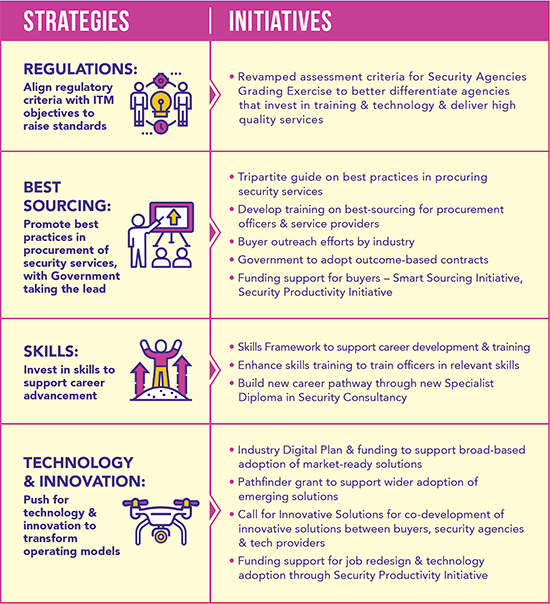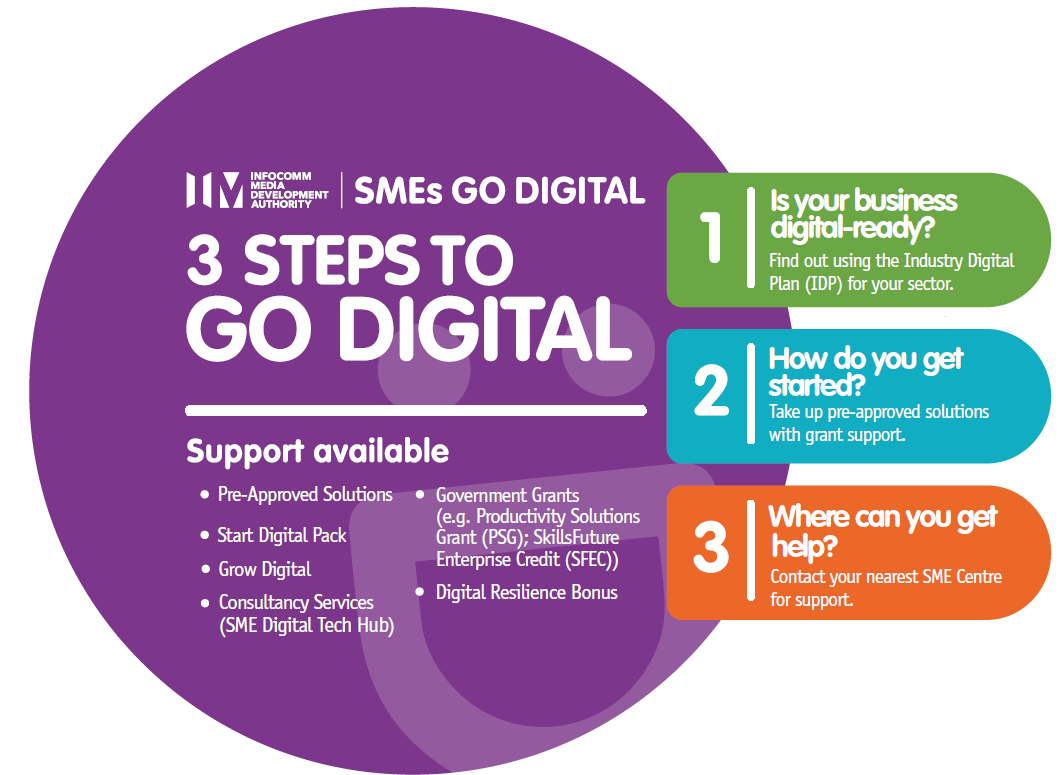
As fresh graduates and young professionals face a more challenging job market brought upon by the COVID-19 pandemic, various sectors shared career opportunities that are often overlooked. In a statement, the Ministry of Manpower, Workforce Singapore and the Ministry of Home Affairs said that professional, managerial, executive and technical roles in the security sector call for skills ranging from contract management to more technology-focused or specialised ones, such as security surveillance management and threat research.

Data reveals that there are about 260 licensed security agencies and 550 security service providers in the country. However, experts feel that the prevailing view used to be that the security profession is low-skilled, poorly paid and idle. Because of this, hiring young professionals who are adept in technology was, earlier, a challenging situation. While millennials are eager and inspire to make their mark in the sector, employers told the media that it used to be hard to draw those 35 and below to the industry. Advancement in operations and tech deployment across the sector seems to be changing the situation.
As technology permeates society and with COVID making operations across the board more hand free and digital, the security sector, too, has been rapidly adapting. Employers said that technological advancements such as improved equipment for monitoring and security have made procedures less manpower intensive and more tech-driven. Cameras, cloud-based solutions, artificial intelligence and faster connectivity have metamorphised the sector. Officers use digital devices to conduct surveillance, take photos and call for emergency back-up if necessary. While traditional security officers used pen and paper to file incident in the past, firms now use smartphones for reporting.
In the past, security firms were perceived to be “safe-guarding” the environment and would attract less technical-inclined candidates. But now with the infusion of technological advancements, more fresh graduates are trying their luck with the firm. MOM, WSG and MHA said that their Industry Transformation Map (ITM) aims to raise productivity and make job requirements less labour-intensive in the security sector.
The Security ITM seeks to develop a vibrant, technologically advanced and competitive security industry that delivers better security outcomes for Singapore and provides good jobs for Singaporeans. Led by the Ministry of Home Affairs, the Security ITM is a collective effort by industry associations, companies, unions, service buyers, security agencies and Government agencies. The map recommends four key strategies to enable security companies to move away from a headcount-based model to deliver integrated security solutions.
One of the key approaches to achieving this is to transform how security functions are performed through technology adoption such as smartphones, AI, and other IT development. Another key strategy is to encourage the adoption of outcome-based contracts, where they move away from security service contracts that merely focus on headcount to those that provide integrated and innovative security solutions.

The authorities added that the Progressive Wage Model for the security sector has also raised the wages of about 36,000 workers in the sector. The model is a framework where wages are pegged to skills, productivity and career development. Making the sector additionally attractive, entrants need not necessarily start at the bottom of the organisational – more senior roles are available. For example, workers with requisite security experience – for example, former law enforcers – may enter mid-tier or supervisory positions.
Similarly, Singapore’s Infocomm Media Development Authority has its Security Industry Digital Plan (IDP) that works as a guide for local SMEs in the security industry to digitalise their businesses, plug skills gaps and participate in industry pilot projects. Aligned to the Security Industry Transformation Map launched, the Security IDP is part of the SMEs Go Digital programme.
Ultimately, the country must protect the many places where residents live and work. With an increasing range of physical and virtual threats, pandemics and digitally-evolving landscape, the industry has to transform, to increase productivity and make the job requirements less manpower-intensive.
















